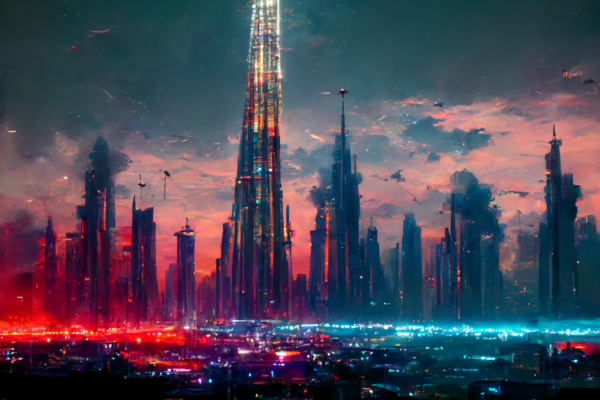Reloading of Event Business: Exhibitions are held again after a long pause during the pandemic
The pandemic has affected business events as much as the restaurant and travel industry. Many organizers have refused to hold forums, conferences, exhibitions and other events. Due to the lockdown, events all over the world had to be cancelled. The essence of the exhibition services is to help seller and buyer to find each other and communicate in a comfortable atmosphere at the neutral venue. In the new reality, planners of exhibitions need to understand business and its changing interests much more deeply and subtly than before the pandemic.
International exhibitions gathered thousands of visitors and served as a powerful accelerator of global trade. The pandemic paused exhibitions and the entire event industry (forums, concerts, etc.), and the wide event river turned into a trickle of online meetings, virtual events and industry webinars. The crisis of this magnitude cannot remain without consequences – the global exhibition industry will never be the same. The problem is not even in terms of the resumption of the previous extend, the main question is about of the viability of the surviving business model. The world is changing, and exhibitions must change with it in order of relevance.
Due to the epidemiological situation the main risk during exhibitions is the crowded gathering of people in one place. On the other hand, this event is the great opportunity to demonstrate the achievements of a business or industry to the maximum number of people. In spite of an unstable epidemiological situation, exhibitions remain an important tool for maintaining business. Therefore, different business events are continued to conduct, but there are organized in strict accordance with the principle of social responsibility. All exhibitions are held in strict compliance with all new requirements and recommendations for safety and health preservation.
Small, specialized events with a narrow target audience may look more attractive to business companies, which are presented on the exhibition and visitors of this event. Therefore, it makes sense to divide large exhibitions into several smaller thematic events. Smaller events can be held either at different time, or at the same time. It is important to make safe territorial zoning and the exposition into sectors isolated from each other with separate entrances. Professional, highly specialized events with an interested audience will last fewer days, and two-day exhibitions will be more frequent than before. With the shortening of the duration of exhibitions, lighter and more eco-friendly solutions in the construction of stands will become more in demand. It should be noticed that the stands can be produced reusable and universal for many events. During the construction of stands will be more widely used lightweight frames, fabric, cardboard, and skilful use of lighting to showcase samples – 3D-projection, virtual and augmented reality, interactive models.
Also, the variations of hybrid exhibition or fully virtual event stay in the business event life. A virtual exhibition is an interactive platform that is advertised on the Internet, taking into account the needs of the target audience of a particular industry. Within the framework of the exhibition, an exposition consisting of virtual stands is being prepared. At each stand there are virtual samples of products, videos, video greetings, business proposals, information about the company, contacts. Visitors can communicate with a representative of any business via text chat. The virtual concept can be based on offline exhibition and create a hybrid event to involve more interested audience.
However, the organizing of exhibition before and still after is taking the pandemic amount of energy and time. All from design and construction of different exhibition stands to full planning and organization of hybrid, online or traditional exhibitions can do Nuevo Design. The Covid-19 pandemic teaches the team of Nuevo Design not to ignore old tools and new method in event organization and planning, especially on exhibition field.




